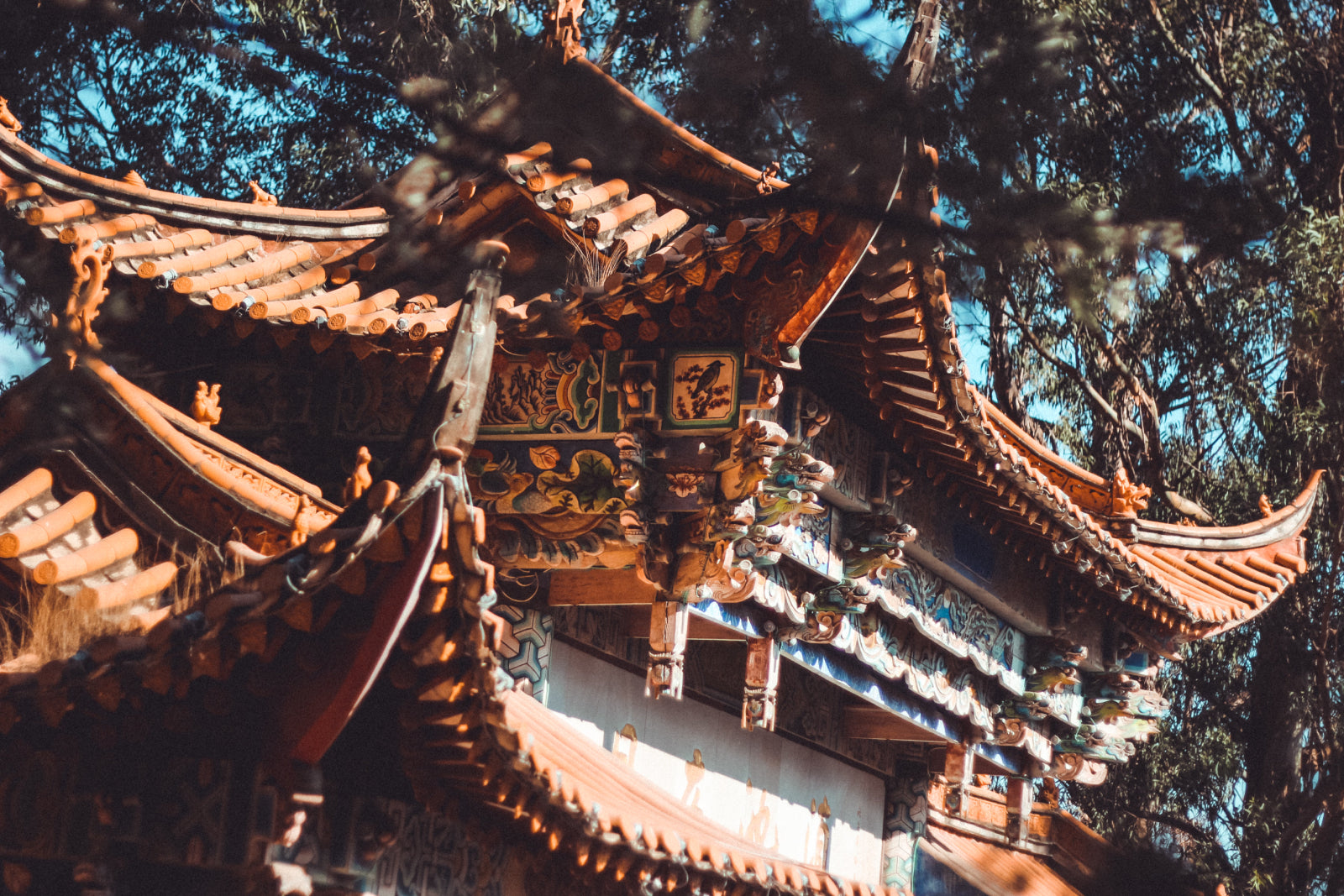

Where does kombucha come from?
Kombucha comes from China and has a long history. The magic potion has won the hearts of millions of people around the world during this time. It's hard to believe that this fizzy, fresh, slightly sweet and non-alcoholic drink has been around for over 2000 years, but it's true! Let's dive into the fascinating history of where kombucha comes from.
Our story begins in ancient China during the Qin Dynasty (221–206 BC). Legend has it that Emperor Qin Shi Huangdi was looking for the secret of eternal youth and vitality. Through his search, he discovered kombucha, a tea made by fermenting sweetened tea with a SCOBY, or symbiotic culture of bacteria and yeast. Some people claim that drinking kombucha is the secret to longevity and good health, but who knows?
Dr. Kombu and the Japanese Emperor Inkyo
There are some fascinating legends woven into the history of where kombucha comes from, and one of the most intriguing involves a certain Dr. Kombu - a Korean doctor who introduced kombucha to Japan in 414 noj. According to the story, Dr. Kombu gifted the drink to the Japanese Emperor Inkyo, who was delighted by its unique taste and claimed medicinal properties. The drink quickly became immensely popular in Japan, and the name was derived from the name of the good doctor - Kombu, which was very similar to the Japanese word for kelp, a type of seaweed.

Where does the word kombucha come from?
The Japanese word for tea is cha, which together with the word kombu makes the word kombucha. So literally taken kombucha means kelp tea or seaweed tea. In many languages, the word tea sounds like "cha" or "chai". Imagine - a drink named after a seaweed! But trust us, it doesn't taste like seaweed even the slightest bit. Of course there is no seaweed in it at all. So it has probably been the confusion with the name of Dr. Kombu and the Japanese word for seaweed.
As kombucha became more and more popular in Japan, it eventually made its way to Russia. The Russians called it "tea kvass" and used it as a substitute for medical supplies during World War II. They believed it had powerful antibacterial properties and could treat a host of illnesses.
Kombucha: Tea of Immortality
Fun fact: did you know that kombucha was once so precious that it was used as currency in ancient China? Yes, during the Tang Dynasty (618 - 907), people traded kombucha for other goods and services. It was so valuable that it was often referred to as the "Tea of Immortality." If only we could use kombucha to pay for things today!
And speaking of valuable, did you know that kombucha was once reserved for royalty in Japan? During the Meiji period, kombucha was considered a luxury item and served only to the emperor and his family. How exclusive!
Where can you buy kombucha?
Kombucha has become increasingly popular worldwide. In the United States it can no longer be ignored. Even supermarkets in small villages have meters of kombucha. In the Netherlands it is becoming increasingly popular, Untamed Kombucha is the 22nd commercial brewer, and the first in North Brabant. You can find it at Ekoplaza, other organic stores and local shops, cafes, terraces, sports clubs and of course via our webshop . Some people swear by the potential health benefits, while others simply enjoy the unique taste. Either way, the story of where kombucha comes from is a fascinating one that spans centuries and continents.

So where does kombucha come from?
In short, the history of where kombucha comes from is a fascinating story that takes us through China, Japan, Russia and the US. Whether you're a kombucha connoisseur or just curious about the origins of kombucha, there's no denying kombucha's rich and colorful history. So sit back, pour yourself a glass of fizzy Untamed Kombucha and toast to the ancient legends who discovered the secret of immortality in a cup of tea!
